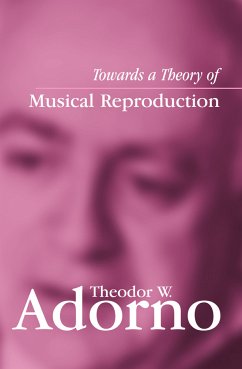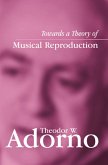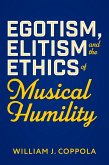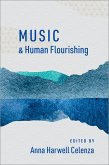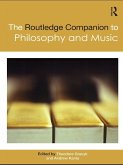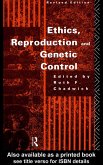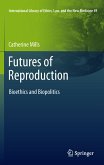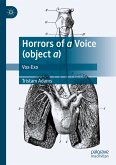At the beginning of his career in the 1920s, Adorno sketched a plan to write a major work on the theory of musical reproduction, a task he returned to time and again throughout his career but never completed. The choice of the word reproduction as opposed to interpretation indicates a primary supposition: that there is a clearly defined musical text whose precision exceeds what is visible on the page, and that the performer has the responsibility to reproduce it as accurately as possible, beyond simply playing what is written. This task, according to Adorno, requires a detailed understanding of all musical parameters in their historical context, and his reflections upon this task lead to a fundamental study of the nature of notation and musical sense.
In the various notes and texts brought together in Towards a Theory of Musical Reproduction, one finds Adorno constantly circling around an irresolvable paradox: interpretation can only fail the work, yet only through it can musics true essence be captured. While he at times seems more definite in his pronouncement of a musical scores absolute value just as a book is read silently, not aloud his discourse repeatedly displays his inability to cling to that belief. It is this quality of uncertainty in his reflections that truly indicates the scope of the discourse and its continuing relevance to musical thought and practice today.
In the various notes and texts brought together in Towards a Theory of Musical Reproduction, one finds Adorno constantly circling around an irresolvable paradox: interpretation can only fail the work, yet only through it can musics true essence be captured. While he at times seems more definite in his pronouncement of a musical scores absolute value just as a book is read silently, not aloud his discourse repeatedly displays his inability to cling to that belief. It is this quality of uncertainty in his reflections that truly indicates the scope of the discourse and its continuing relevance to musical thought and practice today.
Dieser Download kann aus rechtlichen Gründen nur mit Rechnungsadresse in D ausgeliefert werden.

